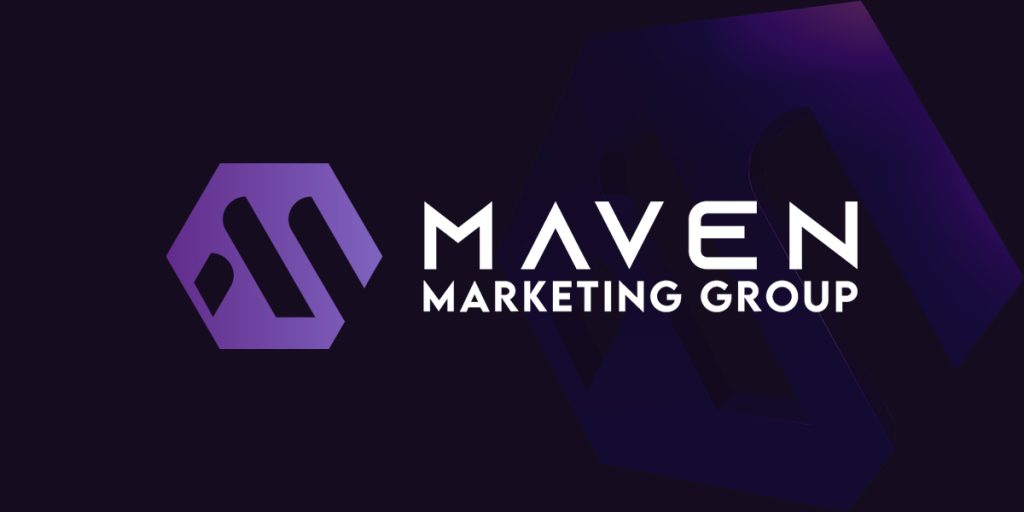
The Complexity of Website Design and Functionality Requirements
The complexity of a website’s design and functionality requirements is a crucial factor that influences how much website maintenance costs and management costs.
Websites with intricate designs or advanced functionalities often require more time and expertise to manage effectively.
For instance, if a website incorporates custom animations, interactive features, or complex e-commerce capabilities, it may necessitate ongoing technical support and regular updates to ensure smooth operation.
These additional complexities can increase the overall web maintenance costs.
Frequency of Content Updates and Site Modifications
Another significant factor impacting website management costs is the frequency of content updates and site modifications.
Websites that require frequent updates, such as blogs or news portals, demand more attention from web administrators.
Each website maintenance update involves tasks like adding new content, optimizing images, ensuring proper formatting, and publishing articles.
Similarly, website maintenance costs increase when there are site modifications such as layout changes or adding new sections, as these also require time and effort.
The more frequently these updates and modifications occur, the higher the associated website maintenance costs will be per year.
Integration of Third-Party Tools or Software Solutions
Integrating third-party tools or software solutions into a website can significantly affect its management costs.
Many websites rely on external plugins or applications to enhance their functionality or provide specific features like contact forms, social media integration, analytics tracking, or e-commerce capabilities.
While these tools can enhance user experience and streamline operations, they may come at an additional cost.
Some plugins have subscription fees or offer premium versions with advanced functionalities that require ongoing payments for continued access.
It is also worth mentioning one plug-in update can require significant website maintenance if it interacts with your website builder(CMS) or code unexpectedly.
Level of Technical Expertise Required for Ongoing Management
The level of technical expertise required for ongoing website management plays a vital role in determining the associated website maintenance costs.
Websites that demand extensive technical knowledge for tasks like server maintenance, database optimization, security enhancements, and performance monitoring often incur higher expenses due to the specialized skills needed to handle these aspects effectively.
In such cases, businesses might need to hire dedicated professionals with expertise in web development, server administration, or cybersecurity.
The website maintenance cost of hiring or outsourcing these specialized skills can significantly impact the quality of your website.
Several factors contribute to the full website maintenance costs or management package.
Understanding these key factors is crucial for businesses to plan their website maintenance budget accurately.
The complexity of website design and functionality requirements directly affects web maintenance costs.
Websites with intricate designs or advanced functionalities require more time and expertise to manage effectively.
On one hand, a simple brochure-style website may only require occasional updates or minor modifications.
On the other hand, maintaining a website, especially an e-commerce platform with complex product catalogs, payment gateways, and inventory management systems, requires regular website maintenance to ensure smooth operation.
Frequent content updates and site modifications also impact website management costs significantly. Websites that need frequent updates, such as blogs or news portals, demand consistent effort from web administrators.
Each website maintenance update involves tasks like adding new content, optimizing images, ensuring proper formatting, and publishing articles promptly.
Similarly, website maintenance tasks such as site modifications like changing layouts or adding new sections require time and effort to implement successfully.
Integrating third-party tools or software solutions into a website can add additional expenses to its management costs.
While these tools enhance functionality and user experience in many cases, they often come at a price.
Some plugins have subscription fees or offer premium versions with advanced features that require ongoing payments for continued access.
Businesses must consider these costs when choosing which third-party tools to integrate into their websites.
The level of technical expertise required for ongoing website management is another essential factor affecting average website maintenance costs.
Websites that demand extensive technical knowledge for tasks like server maintenance, database optimization, and security enhancements often incur higher expenses due to the specialized skills needed to handle these aspects effectively.
In such cases, businesses might need dedicated professionals with expertise in website maintenance, web development, server administration, or cybersecurity on their team.






.png)







